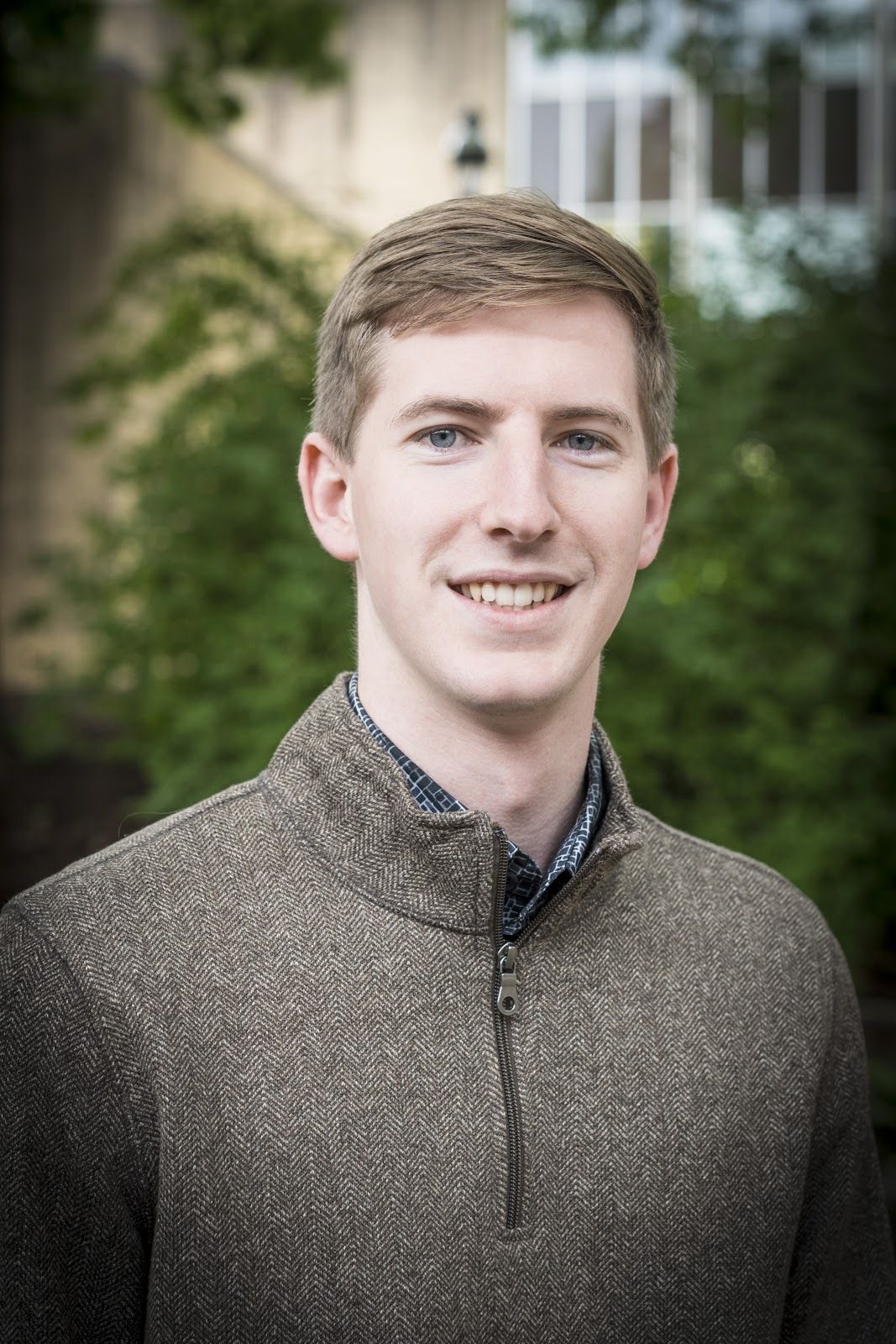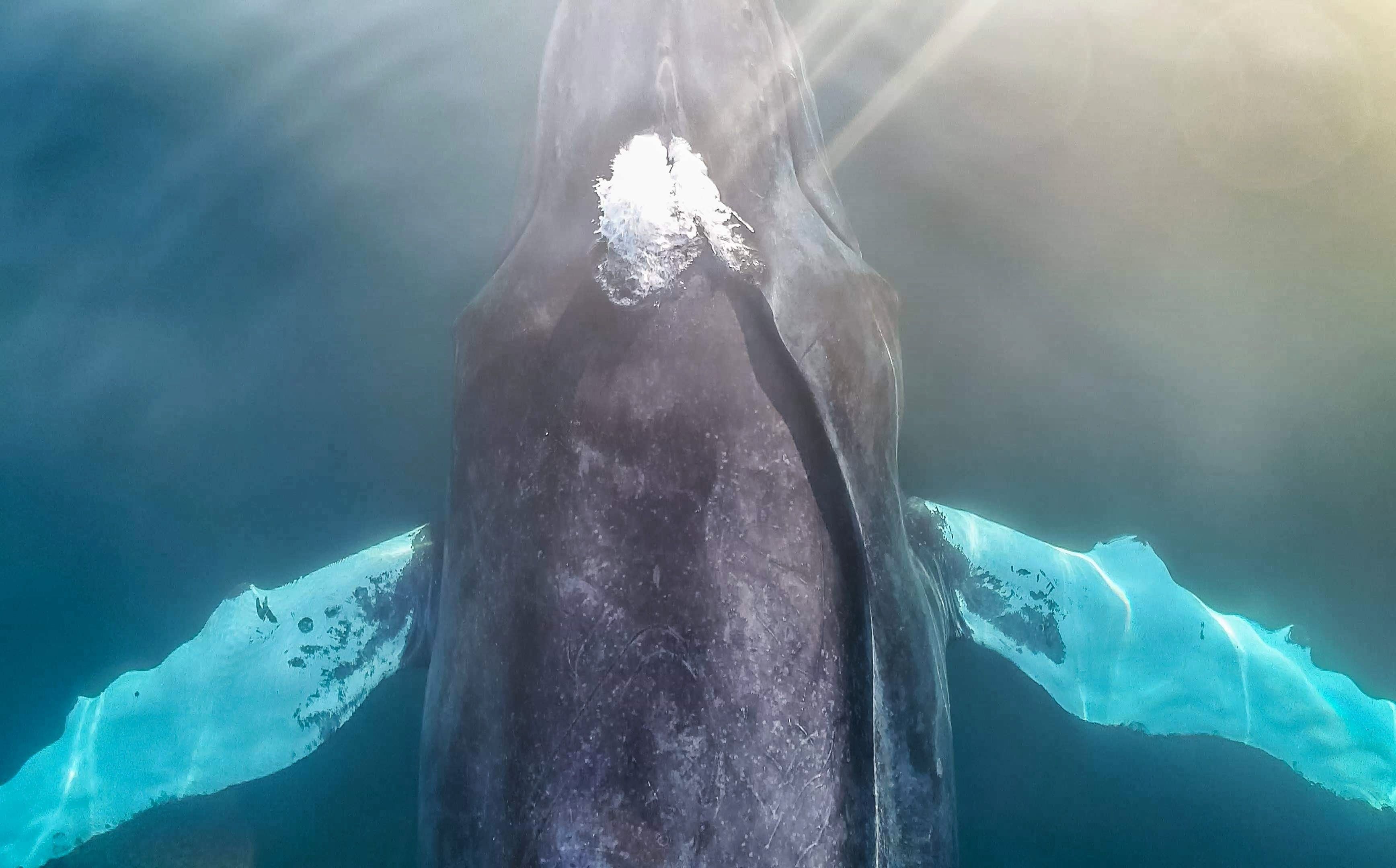Ask Chris Zadra ’16, ’17G about what he does for a living and you’ll hear three words not often found in a job description.
Whales, drones, and snot.
Zadra, who earned a bachelor’s degree in applied science with a focus on computer engineering through the Rossin College and completed Lehigh’s professional master’s program in Technical Entrepreneurship (TE), is robotics program manager for Ocean Alliance, Inc., a nonprofit based in Gloucester, Massachusetts, that’s dedicated to conserving whales and their environment.
“Our goals are to gain knowledge about whales and the ecosystem, share that knowledge through education, and protect what we’ve discovered through conservation,” explains Zadra, who manages projects under the organization’s “Drones for Whale Research” initiative.
That includes its “SnotBot” program, which Zadra says has transformed the way scientists collect biological data about whales.
The process previously relied largely on information gleaned from whale biopsy darts and required expeditions on a large research vessel with a sizeable crew.
“Simply put, Ocean Alliance created a drone—the ‘SnotBot’—to fly through the exhaled breath condensate (a.k.a. snot) that shoots from the blowholes of whales,” he explains. “The resulting photographic images and DNA and hormone analyses of snot sample collections enhance our knowledge of the current health of the whales and their future on this planet. Being able to gather insights through affordable, noninvasive drone technology has been a major game changer and allowed us to downsize in a major way. Now we're able to do research expeditions almost anywhere at a fraction of the cost by hopping on a plane with a couple of drones and a box full of petri dishes.”

While at Lehigh, Zadra grew his interest in drones, building a handful of quad-copters during his first year. Immediately after earning his M.Eng. in TE, he completed an internship in the U.K. with DroneOps Ltd., a five-person company specializing in small unmanned aerial systems and robotics.
“My responsibilities included programming, 3D modeling, networking, and making presentations. I was able to apply my engineering and entrepreneurial skills every day. The company functioned very much like a startup, which was great and made me realize that TE had perfectly prepared me for a quick transition into a real-world working environment.”
Zadra credits TE with giving him a pathway to pursue his interests and passions.
“Turning a hobby into a career is definitely possible with the kind of education and support this program offers,” he says.
Read the full Q&A with Zadra on Lehigh’s Technical Entrepreneurship website.


